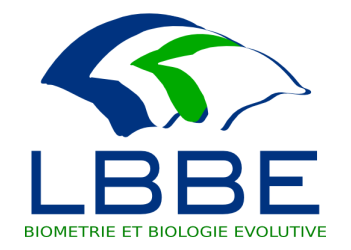Intricate interactions between antiviral immunity and transposable element control in Drosophila
Résumé
Abstract Transposable elements (TEs) are parasite DNA sequences that are controlled by RNA interference pathways in many organisms. In insects, antiviral immunity is also achieved by the action of small RNAs. In the present study, we analyzed the impacts of an infection with Drosophila C Virus (DCV) and found that TEs are involved in a dual response: on the one hand TE control is released upon DCV infection, and on the other hand TE transcripts help the host reduce viral replication. This discovery highlights the intricate interactions in the arms race between host, genomic parasites, and viral pathogens. Significance statement Transposable elements (TEs) are widespread components of all genomes. They were long considered as mere DNA parasites but are now acknowledged as major sources of genetic diversity and phenotypic innovations. Using Drosophila C virus, here we show that TEs are at the center of defense and counter-attack between host and virus. On the one hand, TE control is released upon viral infection, and on the other hand, TE transcripts help the host reduce viral replication. To our knowledge, this is the first time such a complex host-pathogen interaction involving TEs is shown.
Domaines
Interactions entre organismes| Origine | Fichiers produits par l'(les) auteur(s) |
|---|
